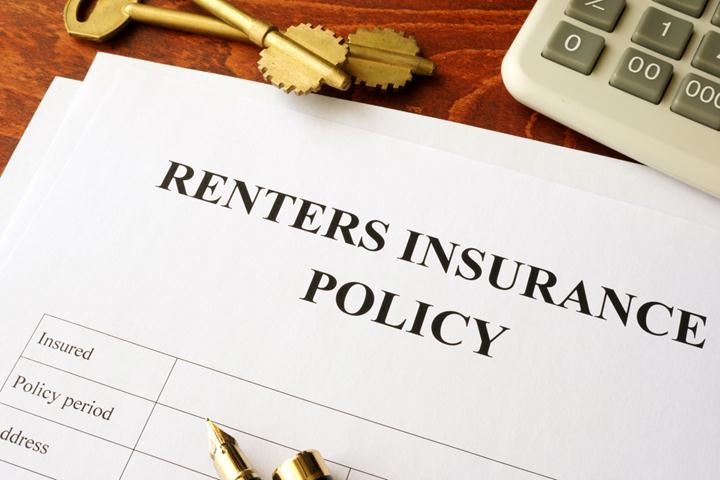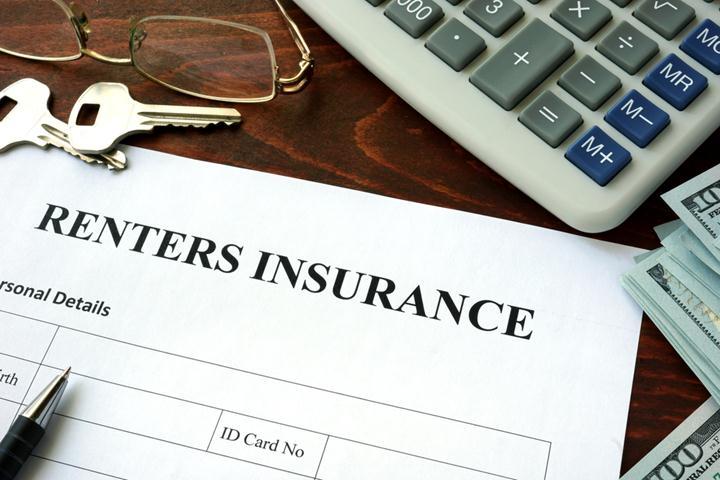Renters Insurance, or “tenant insurance”, is designed to protect your belongings when you are renting an apartment, condo, or single-family home. This is especially useful because when you are renting, you may not have complete control over your habitation. By purchasing insurance, you can protect yourself from unexpected costs of damaged belongings due to accidents or natural disasters.
Renters insurance typically includes liability coverage for unexpected expenses as well as protection for your belongings in case of disasters. Some policies include additional living expenses in case of the rare occurrence you are forced to temporarily move out. While the insurance covers many things, it does not cover the actual physical structure of the building you are staying in. That should be covered under the land lord’s insurance, which does not extend to tenants.
Renters Insurance: Personal Property Coverage
When you think of all your valuables, the overall price can add up quickly. Personal Property Coverage will help cover any belongings that are damaged. Typically the damage covered will be from things like flooding, fires, or theft.
When purchasing renters insurance it may be helpful to go through your belongings and do a quick inventory of all your valuables. This could include TVs, Laptops, etc. You will want to make sure all of your valuables are covered, so pick a policy that will do the trick. If you are unsure what kinds of valuables are covered, it may be worth talking to a local agent. Some policies will not protect everything you own, such as jewelry, and it would be worth knowing what needs extra protection.
Renters Insurance: Liability Coverage
Liability coverage can also fall under the umbrella of renters insurance. This typically covers any accidents that you can be legally held accountable for, such as injuries or damage to the property. This will protect you from paying out-of-pocket when it comes to unexpected expenses.
Other Information You Need to Know
When renting, there is usually a contract involved stating that you have a place to live until the contract expires. However, that brings up complications if there is a flood or a fire. Some renters insurance can cover living costs if your apartment or house ever becomes uninhabitable. This may cover food or hotel bills. However, as with personal property and liability coverage, there are many different levels of coverage within each option, so be sure to do your research to find a policy that best fits your needs.
As with all insurance, renters insurance has a deductible. This is the amount agreed upon between you and your insurance company that you are willing to pay before the insurance company spends a dime. You will also be required to pay a premium, the price of the policy. The premium and deductible are linked with one price going down and the other going up. Be sure to review your budget and your coverage needs to adjust both the deductible and the premium in order to get the best deal possible.
With renters insurance, you can feel safe and comfortable knowing there is a plan B prepared for any kind of unexpected disaster.
Featured Image: depositphotos/ designer491





